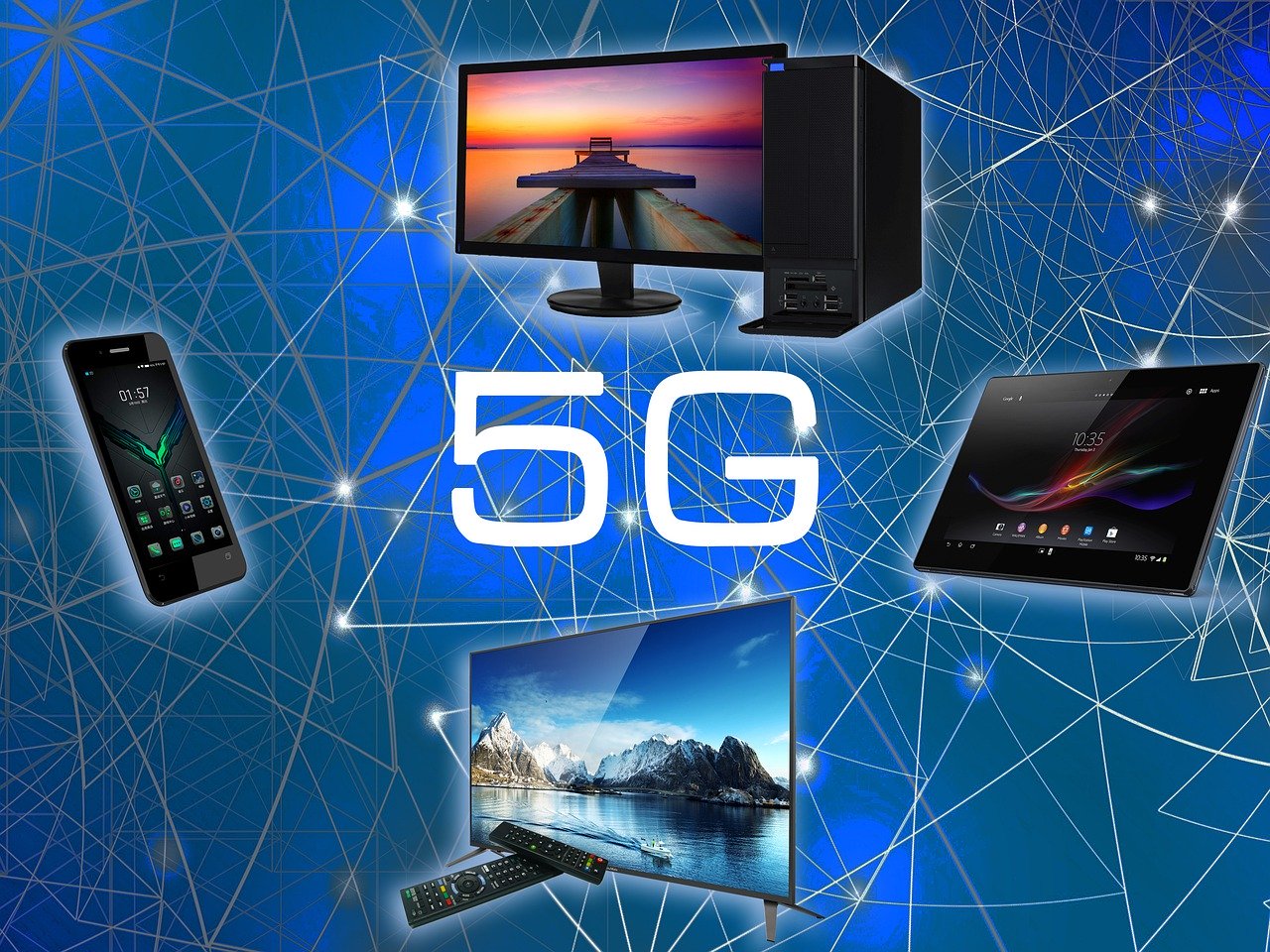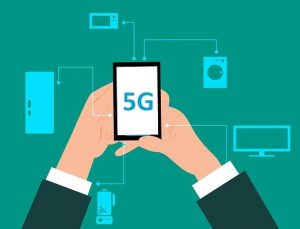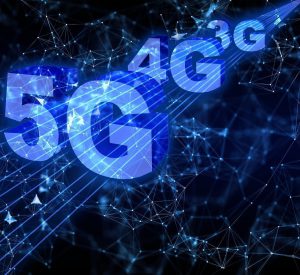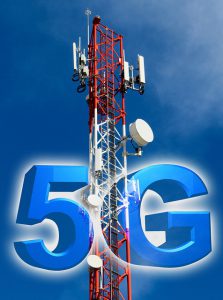
What Is 5G?
Have you heard a Zoomer and/or tech geek complain that their phone can only connect to a 3G network, usually in rural or remote areas? Apparently, some members of Generation Z along with enthusiasts of all ages see this as a form of blasphemous and unacceptable service, now that 4G is the standard. Or, is it? After almost ten years of waiting, we are at the dawn of 5G. 5G is apparently supposed to make the use of mobile data even better so that people can do quality streams or even bet on sports and casinos with the Pokerstars bonus code. So far, we’ve only thrown buzzwords at you, so let us explain what that means.
To Put It Simply

5G is a mobile broadband network that is the fifth generation of wireless network technology. It is more than superior to the widespread 4G LTE, with the speeds of about 10 gigabits per second to your phone. To give you a number you can compare this to, you can go to a website that measures your broadband speed (like speedtest.net, though there are many others) and test your current broadband capabilities.
5G is not just about speed, but also its ability to connect to serving many devices in real-time. In theory, this should set the broadband infrastructure to be strong enough to handle internet-connected cars, thermostats, and sensors, to name a few thingamajigs, that are getting more advanced and more internet-hungry as the years go by.
Compared to what you likely have on your phone now, you are going to experience around 10 times greater speeds, ten times less latency, and far greater energy efficiency.
The Effect on the Tech

5G networks could play a big role in the design and operation of driverless cars, as the transfer of data in real-time is definitely going to facilitate the communication of the vehicles with the internet service with very low latency, making it possible to avoid mishaps on the road.
Another benefit could be the revolution of data processing in cloud computing, allowing even phone users to perform tasks and computations they could not normally do without a desktop computer right now.
Last on this list, but not in reality, is its application to VR and AR. With the games and simulation requiring more and more processing power, especially in terms of graphics, the next generation of broadband could give us far more options and more realistic immersion.
The Effect on the World

Apart from allowing you to stream high-definition movies on your devices with no problems, having a 5G network around is bound to revolutionize some of the aspects of the global economy that rely on internet service.
First of all, there are going to be many more phone towers, as the towers designed for the 5G network, while smaller in size, cover smaller areas than 4G network towers. Secondly, there is going to be a bigger competition between internet service providers, likely resulting in more affordable services. Finally, this is going to be a race between countries to see who can provide the common people with this service first. If the United States is not careful, it might lose to China.
